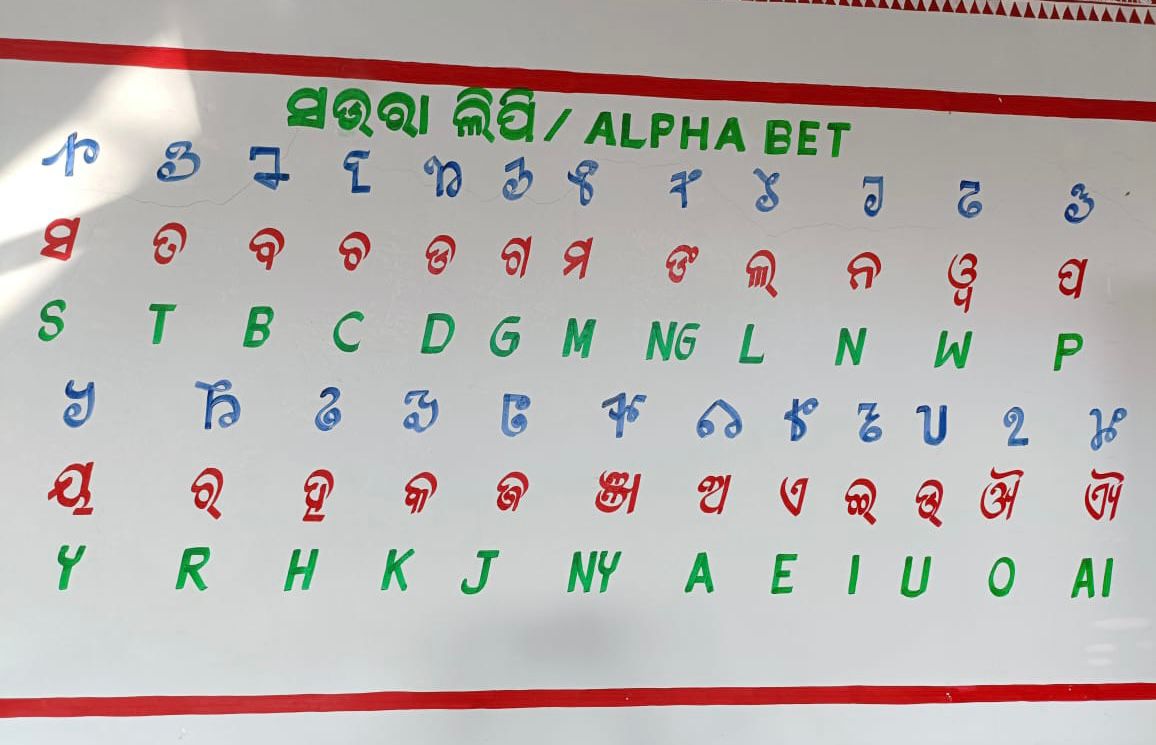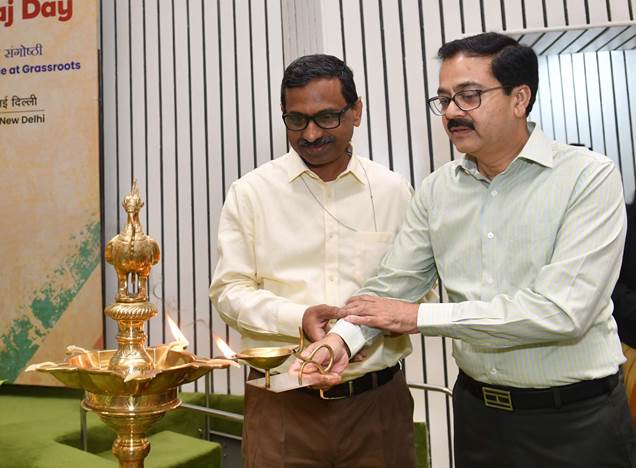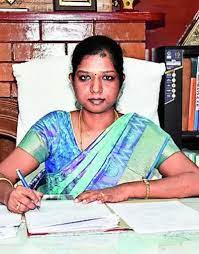Odisha takes historic step to preserve 21 tribal languages
Author: Navneet Anand

Bhubaneswar: In a move reflecting its commitment to a multilingual social approach, the Odisha State Cabinet has recently approved the establishment of a Commission for the Preservation and Promotion of Tribal Languages of Scheduled Tribes in Odisha. This groundbreaking decision, preceding the first World Odia Language Conference (WOLC) in the Temple City, is aligned with the visionary socio-cultural strategy pursued by the Naveen Patnaik-led State Government. Odisha, home to 62 tribal groups, including 13 Particularly Vulnerable Tribal Groups (PVTGs), stands poised to safeguard its linguistic diversity through this proactive measure.
“There are 21 tribal languages in Odisha and the State Government wants to preserve, promote, develop, disseminate and safeguard the tribal languages through this Commission. Therefore, it will encourage multilingual education, documenting and preserving tribal languages, promoting the use of those languages, protecting linguistic rights among several enriching activities for the development of the tribal languages,” said IAS officer Roopa Roshan Sahoo, Commissioner-cum-Secretary Scheduled Tribe and Scheduled Caste Development Minorities and Backward Communities Welfare Department, Government of Odisha.
Interestingly, in the education system under the Multilingual Education (MLE) programme all 21 recognised tribal languages are included by the State Government. The State Cabinet also passed a resolution on January 29 reiterating the demand for inclusion of 169 communities in the ST list of Odisha.
The Government of Odisha has recommended the inclusion of Ho (2011), Saora, and Kui (2023) languages in the 8th Schedule of the Indian Constitution to date. Seven Scheduled Tribes have developed scripts for their languages: Olchiki (Santali), Warrang Chiti (Ho, Kolha), Mundari Bani (Mundari, Munda), Kuilipi (Kui Kondh), Sorang Sompeng (Saora), Ol-Onal (Bhumij), and Kuruxtod (Oraon). Other Scheduled Tribe communities are also making efforts to develop their scripts and are requesting the inclusion of their Tribal languages in the 8th Schedule of the Indian Constitution. Chief Minister Naveen Patnaik has repeatedly demanded and written several letters to the Centre for their inclusion.
As per the proposal, the Commission shall consist of a chairperson who shall be appointed by the Government from amongst persons who have made significant contributions to tribal language preservation and promotion. While the Secretary to the Government in Scheduled Tribes and Scheduled Castes Development, Minorities & Backward Classes Welfare Department will be the Vice-Chairperson, the Director, ST shall be the Member Convener and the Member Secretary, Academy of Tribal Languages and Culture, shall be the ex-Officio member of the Commission.
There will be five domain experts and shall be nominated by the Government of Odisha as Expert Members of the Commission. A certain number of other members from the major tribal language populations, not exceeding 24, shall be nominated by the Government, out of which, 33 percent of the members shall be women.
“The Constitution of State Language Commission for Scheduled Tribes of Odisha will help in preservation, promotion, development, dissemination, and safeguarding of the Tribal Languages of Odisha and it would encourage multilingual education among the tribal children,” added Sahoo.
Sahoo added, “the Commission will also work in documenting and preserving tribal languages through a database and preserve endangered tribal languages and use the indigenous languages in official communication.”
The Language Commission will work towards implementing language policies that promote the use of indigenous languages in various domains. It can also work on protecting linguistic rights and ensure that all indigenous languages are respected and protected under the law. The Commission shall have the powers of a Cabinet Minister. The advice of the Commission and its findings concerning the deprivation of any rights of the Scheduled Tribe population related to promoting tribal languages shall ordinarily be binding upon the State Government.
This innovative decision of the Odisha Government could be a continuation of a sagacious past as Odisha was the first province in the pre-Independence India to get the Statehood on linguistic consideration under the leadership of Utkal Gaurav Madhusudan Das on April 1, 1936.
Following Sanskrit and four Dravidian languages - Tamil, Kannada, Telugu, and Malayalam - Odia had attained the prestigious status of being the sixth Classical Language of India. Renowned for its conservation of Austric linguistic roots and its unique blend of Dravidian and Aryan influences, Odia stands out as one of the most conservative among the Aryan languages. The establishment of the "Language Commission" dedicated to tribal languages underscores the State Government's unwavering dedication to preserving tribal culture and safeguarding their distinct identities, as emphasized by Sahoo.



